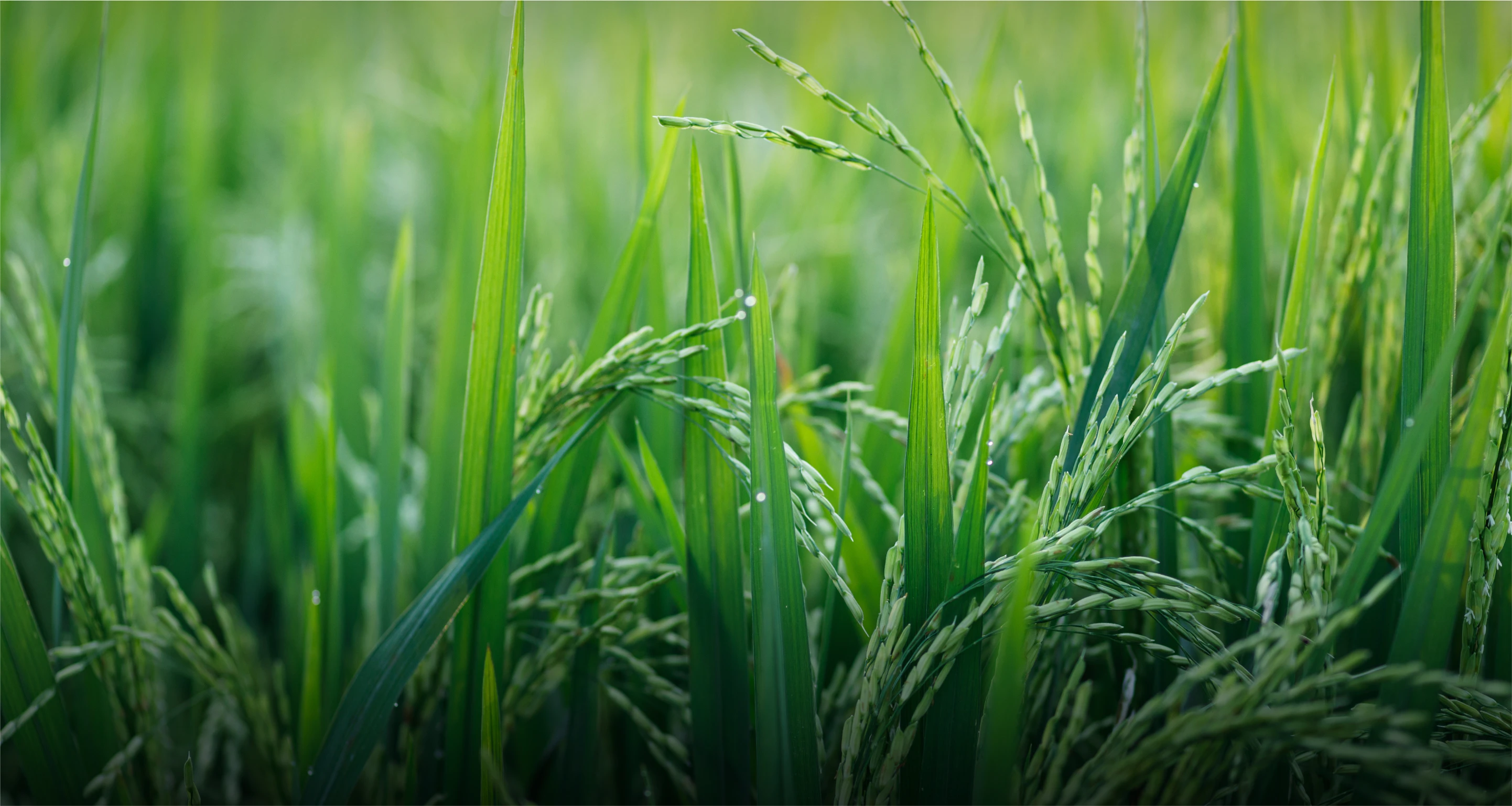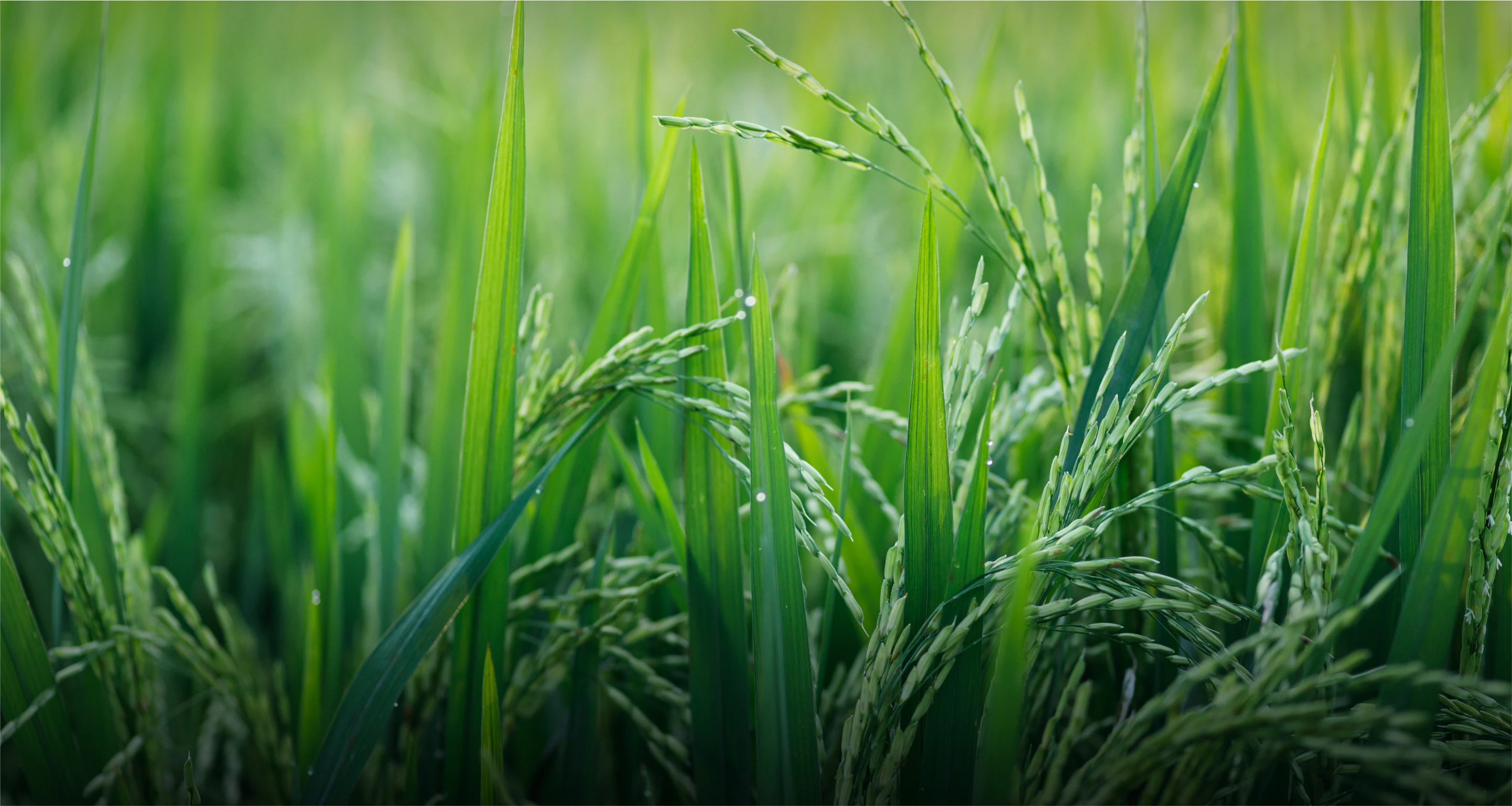

Responsible Sourcing
To lessen the potential adverse impacts across the value chain, we carefully consider the design, selection, and operation of our products and services.
Purpose and Goals
Local & Organic Produce
Local and organic sourcing is prioritised where economically feasible.
The Organic Jasmine Rice Project has begun since 2021 and continuously implemented. The project operates responsibly by directly sourcing organic jasmine rice from farmers in Thung Kula Rong Hai area, specifically Surin and Sisaket provinces. This includes guaranteeing a minimum annual order, offering fair prices, and pre-paying for each batch. In 2022, Dusit marked a small milestone on offering 100% organic rice at its properties throughout Thailand, for both the guest and its employees.
To expand the availability of organic products and local products in hotels, we have collaborated with local partners to introduce more sustainable alternatives. In partnership with local Thai partners, young coconuts (whole fruit) are sourced from organic farmers in Ratchaburi, Nakorn Pathom, Samut Songkram, and Samut Sakhon provinces, and Dusit’s first mineral water is developed, which is sourced from Pho Sam Ton, Ayutthaya province and bottled in endlessly recycled glass bottles. These products have been supplied to hotels in Thailand. We have also partnered with a local tea manufacturer in Japan to exclusively supply organic green tea to Dusit Thani Kyoto and ASAI Kyoto Shijo.

Animal Welfare & Wildlife Protection
Animal welfare is integrated into both sourcing practices and measures to discourage activities that negatively impact wildlife.
Starting from pilot at Baan Dusit Thani in 2021, cage-free eggs are now used in ten properties in Thailand. Sourcing of cage-free eggs promotes animal welfare by allowing hens to express natural behaviors, reducing need for antibiotics in food production, and delivering safer food for our customers.
The eco-friendly and community-based activities has been continued offering to our customers alongside partnerships with organisations to promote responsible wildlife tourism.

Ban of Vulnerable Species
Since 2019, Dusit has maintained a policy to ban vulnerable species from its menus, reinforcing its commitment to conserving nature and combating overfishing and illegal fishing practices. Eight species are currently prohibited from our menus.

Single-use Plastic
Since 2018, we made our mission to eliminate single-use plastics across the company, which started by ceasing to plastic straw. We continue to replace single-use plastic items with sustainable alternatives. Sustainability criteria, such as material type and its circularity, are defined alongside quality and procurement considerations when evaluating new options in the market. Prioritisation is conducted based on commonly purchased items like room amenities and food containers. Expanding the use of sustainable options continues its progress according to new standardization and corporate guidelines.

Eco-friendly Product
Eco-friendly products are considered when sourcing. For example, energy-saving labels, Forest Stewardship Council (FSC) certified paper products, and lower-footprint construction and utility products where applicable. The FSC-certified products are used across 9 hotels in Thailand, both Dusit Thani College campuses, Le Cordon Bleu Dusit, The Food School, and Baan Dusit Thani.

